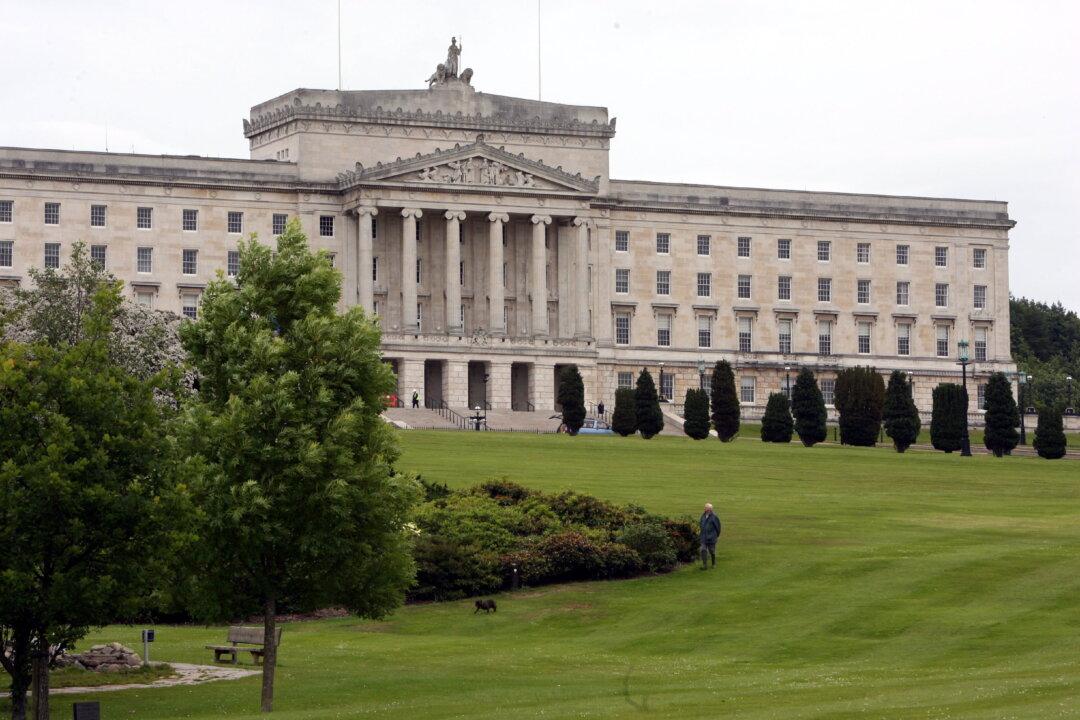Business leaders in Northern Ireland have expressed concerns over the continuing political uncertainty following Thursday’s local elections and have called for the reestablishment of a fully functioning government for the region.
Northern Ireland has not had a functioning local government since February, when the Democratic Unionist Party (DUP), then the largest party in the regional assembly, withdrew from the power-sharing executive.





